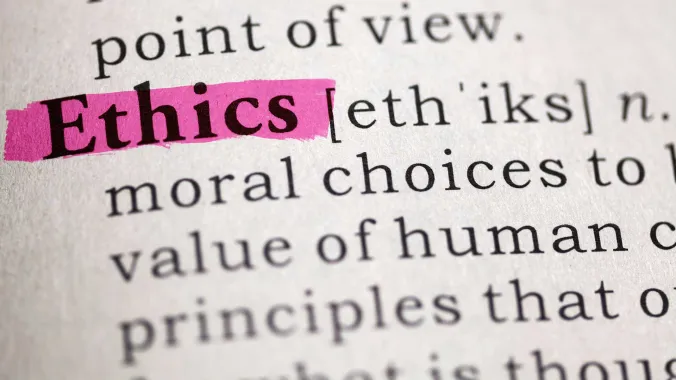Course Info
7 video lessons (157 Mins)
Published
2011-
4.43
Preview Course
Browse Course Chapters
-
1.Planning Ethics - Introduction
2 mins
-
2.How Ethical Is Society?
21 mins
-
3.Shoulds and Shalt Nots
25 mins
-
4.Potential Scenarios
44 mins
-
5.An Ethical Work Environment
16 mins
-
6.Why Leadership Is Critical
15 mins
-
7.More Ethical Scenarios
32 mins
What You Will Learn
- Answer the question 'what is ethical planning?'
- Review the expectations for the AICP Code of Ethics and Professional Conduct.
- Understand the qualities of an ethical planning organization.
- Learn the practical steps to improve the ethical climate of planning work environments.
- Review urban planning ethics case studies and AICP ethics cases with the author of Everyday Ethics for Practicing Planners, Carol D. Barrett, FAICP.
- Learn the 'dos' and 'don'ts' of ethical planning.
- Develop skills to proactively respond to ethical challenges.
- Understand how leadership makes a difference in the ethical culture of urban planning organizations.
Course Description
The work of planning for communities is rooted in values, often unexpressed, about the role of government in working for a better future. Planners should, from time to time, examine their values and those of the American Institute of Certified Planners as they go about their work in the public or private sector.
Course instructor Carol D. Barrett, FAICP, is a highly acclaimed expert in ethical considerations in urban planning and author of Everyday Ethics for Practicing Planners. Barrett's own story became an urban planning ethics case study almost 30 years ago after being directed to do something illegal on the job. Working on the original AICP Code of Ethics in 1978 as well as serving on a committee to revise the AICP Code of Ethics in 2002, Barrett played an important role in developing best practices and standards for ethical urban planning.
This course reviews the expectations expressed in the AICP Code of Ethics and Professional Conduct and then explores the application of the code in a number of planning ethics case studies. This conversation about building and sustaining an ethical planning organization sets out to define what makes an ethical planning organization and describes steps that planners can take to improve the ethical climate of their organizations. This course provides professional planners with a thorough and thoughtful discussion of ethical concerns often faced by urban planners in their careers.
Learn these skills
- Career Development
- Civic Engagement
- Ethics
AICP CM
CNU-A
This course is approved for 2 CNU-A credit.
SACPLAN CPD
This course is approved for 1 SACPLAN CPD point, including Ethics.



























